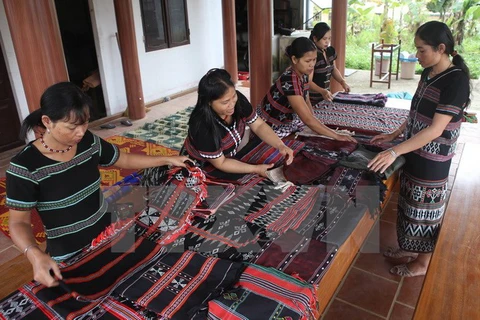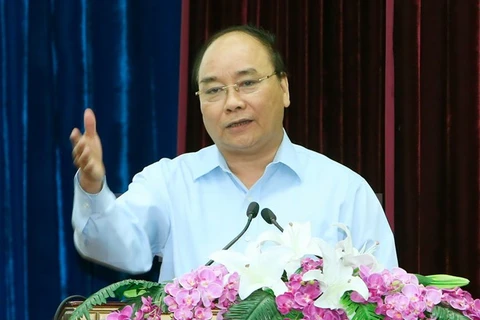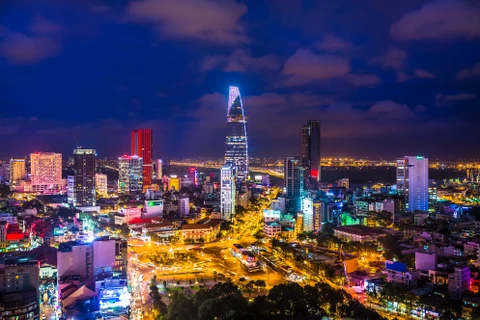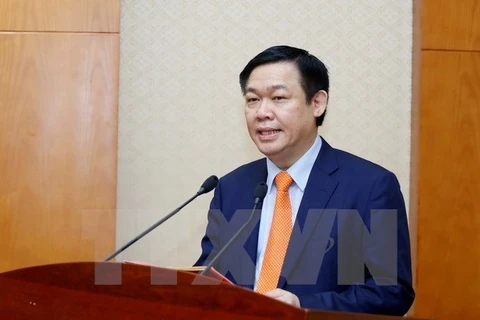Hanoi (VNA) – Public policies to develop infrastructure systems in the northern mountainous regions should be paid due attention to address the vulnerabilities facing small-scale famers and the rural poor, as a result of analysis from the project: “Pro-Poor Policy Approach to Address Risk and Vulberability at the Country Level.”
Tran Van The, Deputy Director of the Institute for Agriculture Environment, made the statement at a workshop held in Hanoi on June 30.
From the project’s evaluation of climate change impacts, irrigation facilities, fresh water supply systems and rural traffic should be branched out in the region, he said, noting that they will ensure food security and improve livelihoods for local people.
Regarding farm produce market development, he underscored that mountainous localities should receive support to re-arrange their consumption markets to increase profits for the farmers.
Participants at the workshop also presented studies on Public-Private Partnerships for Vietnam’s sustainable agriculture development while sharing information and experience learnt from the projects with relevant agencies and partners.
According to Nguyen Song Ha, a representative from FAO Vietnam, the project’s result will have significant contributions to building long-term policies in Vietnam.
The project, implemented in four countries – Vietnam, Laos, Cambodia and Nepal, aims to improve the institutional capacity of government agencies and assist the formation of policies that reduce risks for farmers and strengthen agricultural productivity and income.
The International Fund for Agricultural Development (IFAD) and the Food and Agricultural Organisation of the United Nations (FAO) funded the project from 2012 with a total estimated budget of 1.96 million USD. Another 200,000 USD has been contributed by the four participating countries.-VNA

























